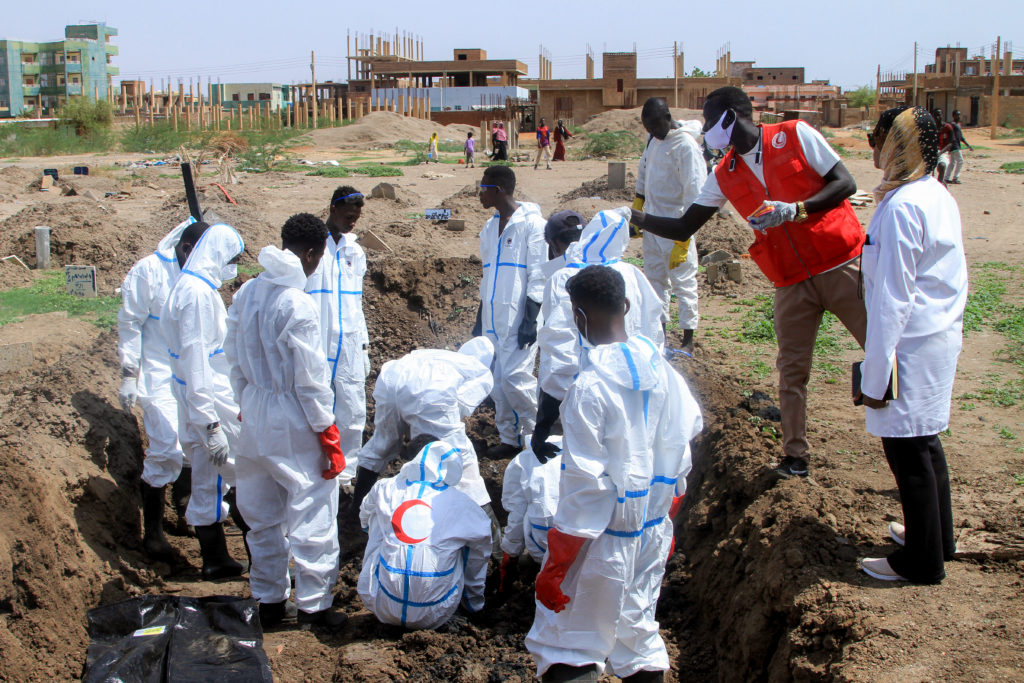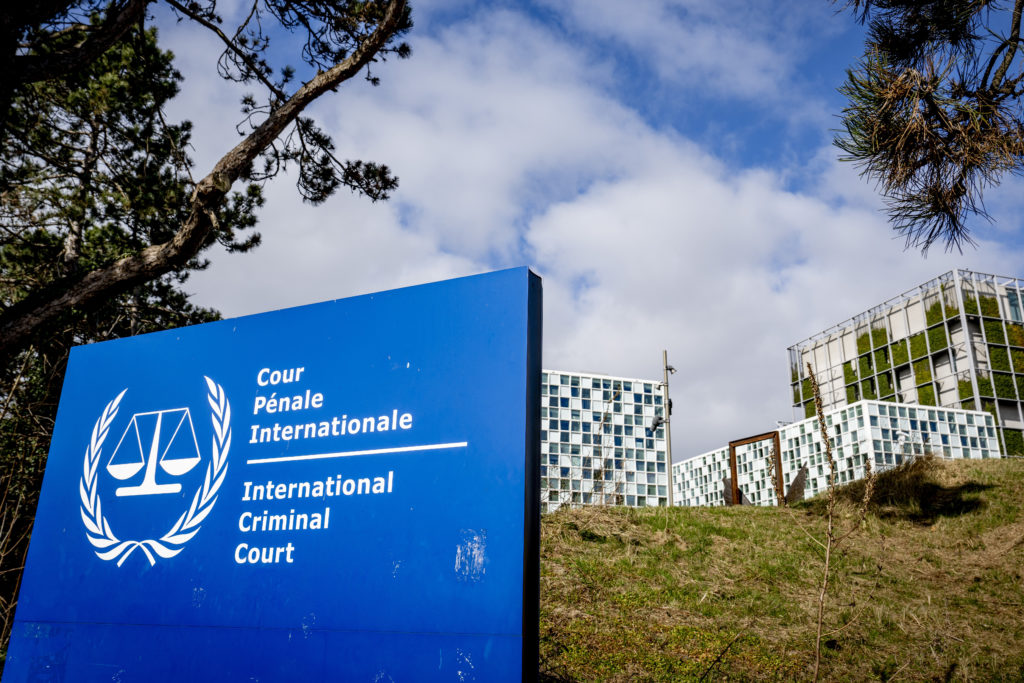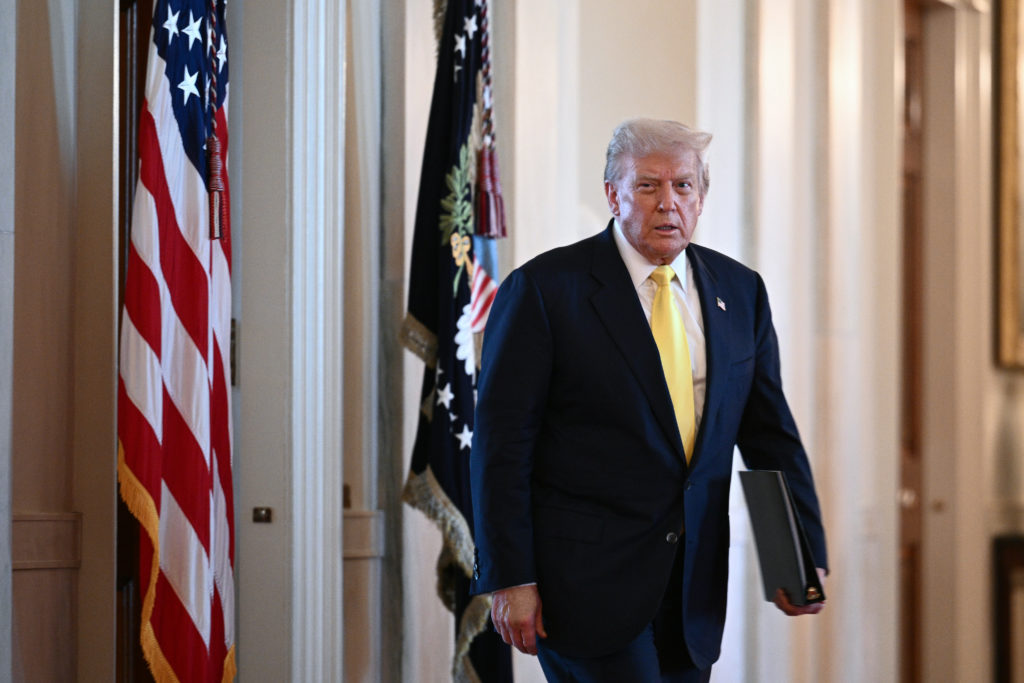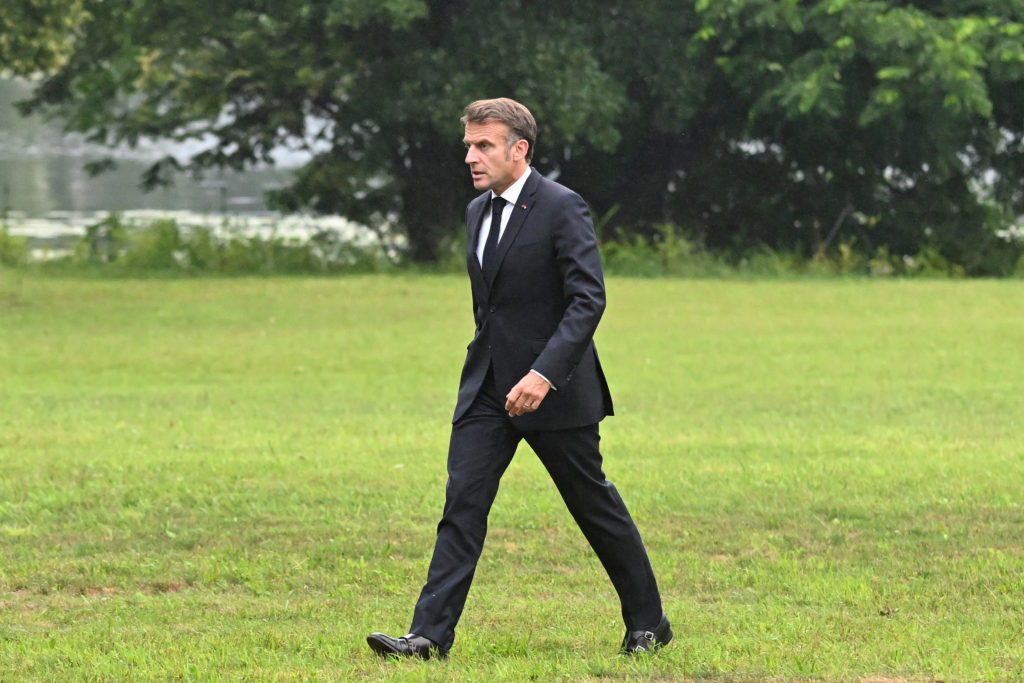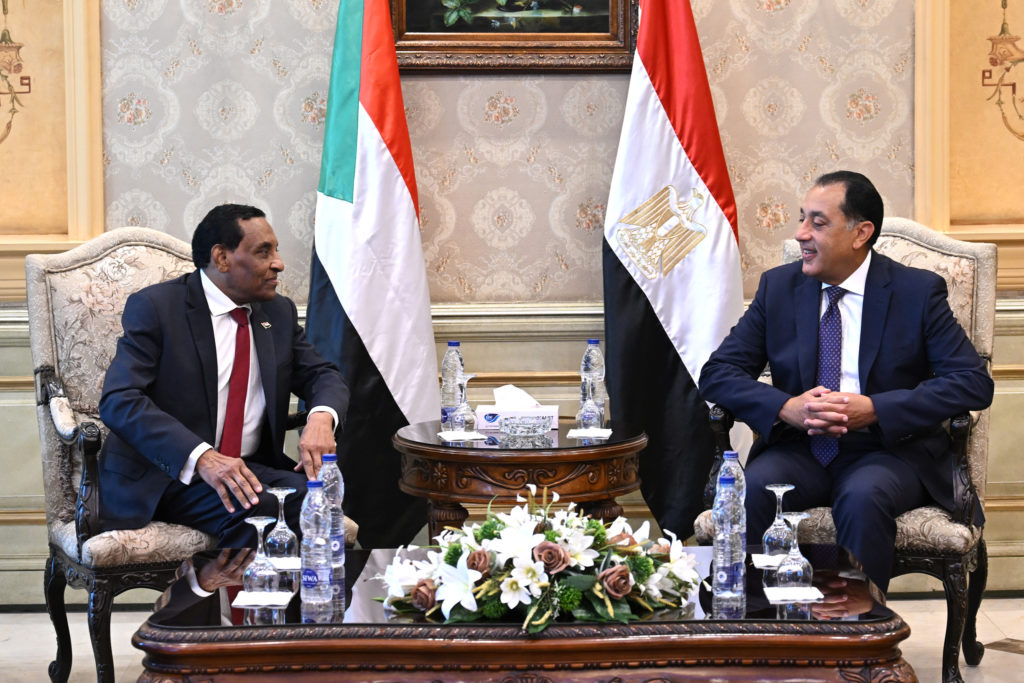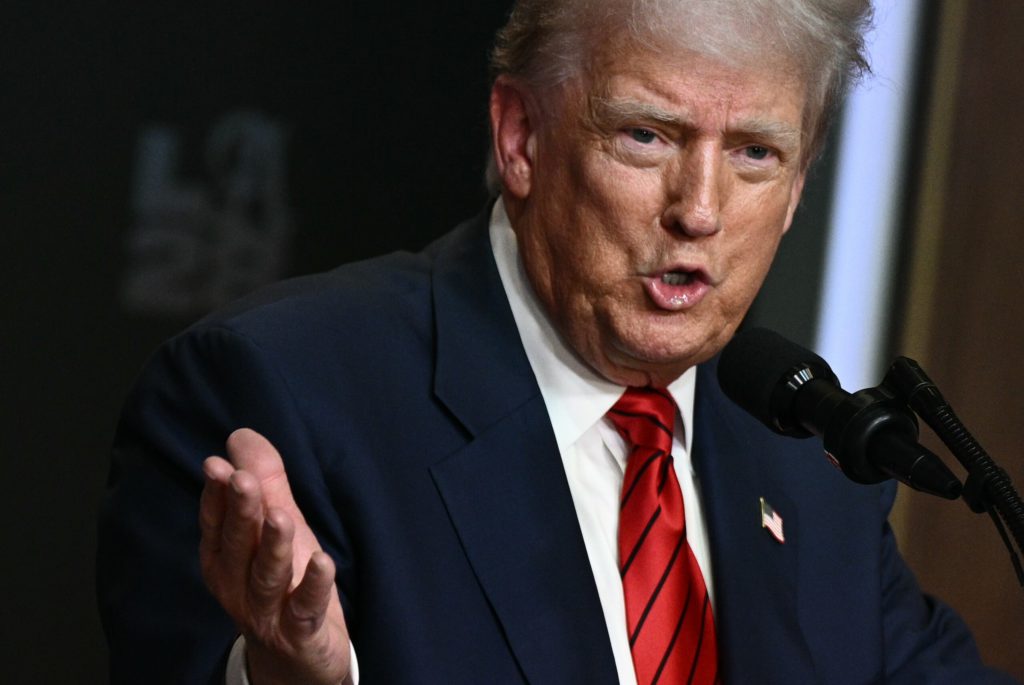Volunteers help families give Khartoum war dead proper burials
In Sudan’s war-scarred capital Khartoum, Red Crescent volunteers have begun the grisly task of exhuming the dead from makeshift plots where they were buried during the fighting so their families can give them a proper funeral.Teams of workers in dust-streaked white hazmat suits comb vacant lots, looking for the spots where survivors say they buried …
Volunteers help families give Khartoum war dead proper burials Read More »

